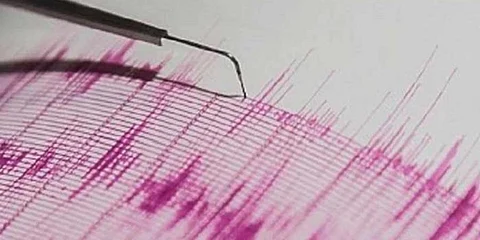

BENGALURU: In the wake of recent earthquakes in different parts of the state, experts have cautioned that the Deccan Plateau will experience more such temblors, but of much less intensity causing no damage.
Though the Deccan Plateau is considered a safe zone, the region too has experienced earthquakes. They pointed out that over the years and also in the recent past, Mandya and Maddur have been recording seismic activities. A stone inscription at Billanakote Hills near Nelamangala states that there was an earthquake in the region on July 15, 1507.
Kusala Rajendran, a retired professor of seismology, Centre for Earth Sciences, IISc, said every part of the world is prone to quakes, but for it to occur, there has to be a fault in the tectonic plates. “The occurrence is high in a highly urbanised environment and quarry sites where there is excessive infiltration. The recent local tremors have no connection with the massive quake in Afghanistan last week. Also, these quakes will not become bigger ones,” he added.
When there is a stress on the Earth’s surface and water seeps it changing the plates, the stress is released in the form of quakes. Former director, Karnataka State Disaster Management Centre, VS Prakash said fault lines are the weak zones. “Kodagu experienced a quake in 2007. Kalaburgi and Vijayapura too recorded quakes, but instances have come down now. In Chincholi, temporary sheds have been put up as the area has been experiencing quakes. It has been noticed that the region experiences tremors whenever the dam fills up and this is because the reservoir sits on the fault line,” he added.
The destructive earthquakes in Latur and Koyna show that the Deccan Plateau too is susceptible, he said.
With rising seismic activities, researchers said a database should be created for a better understanding. Prof P Anbazhagan, Assistant Professor, Department of Civil Engineering, IISc said records of these occurrences should be collected and analysed.